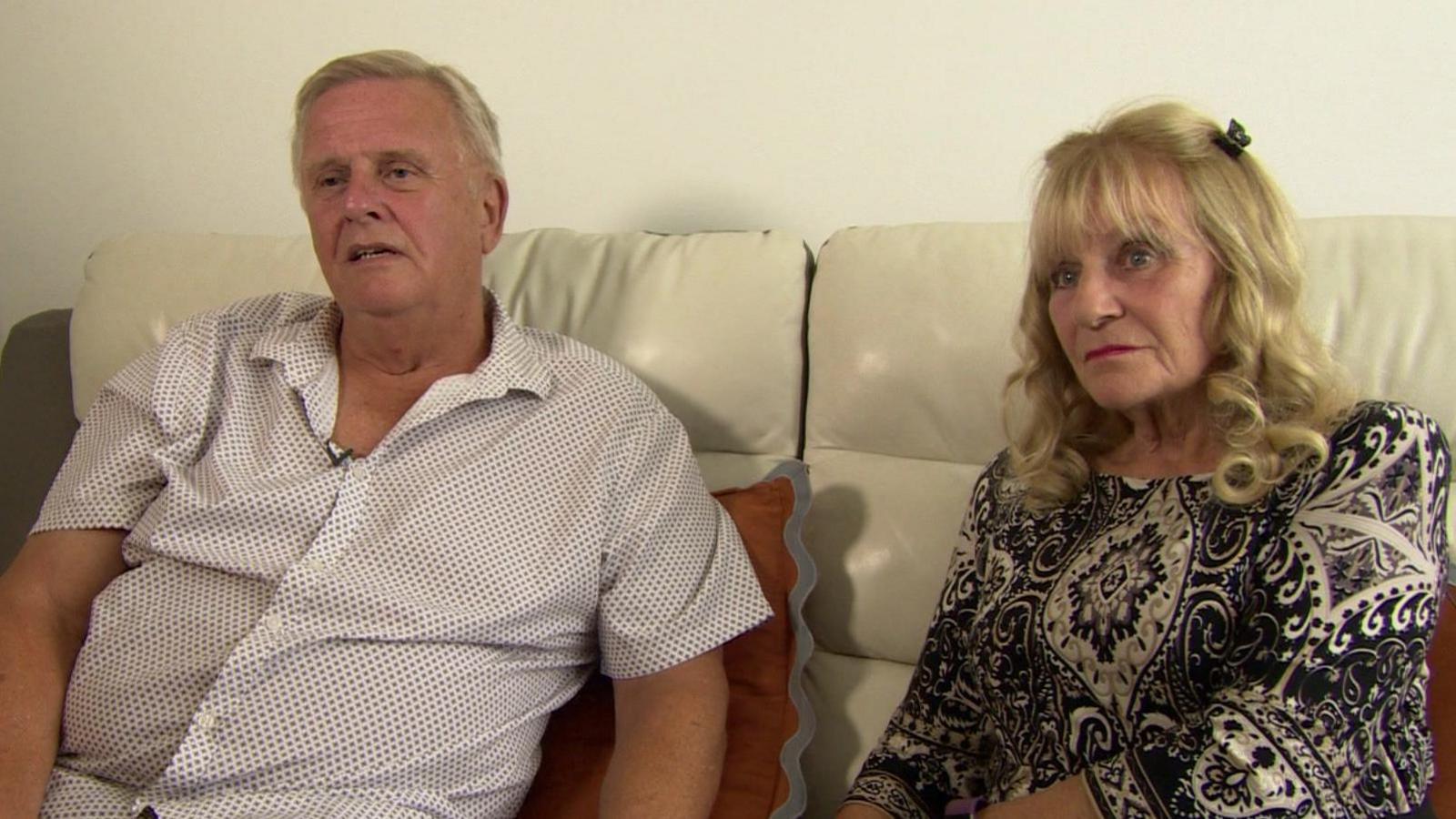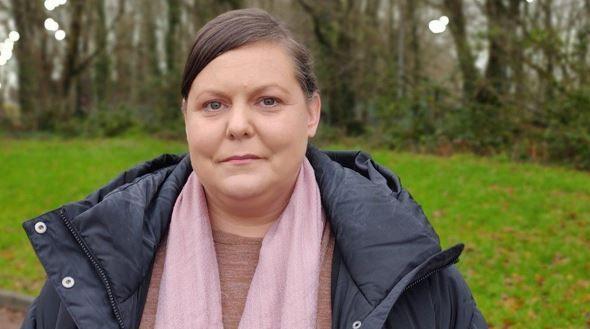More people unable to afford mortgage payments

One Hull-based advice charity says it is seeing increased demand for its services
- Published
The number of people in East Yorkshire unable to pay their mortgages is rising, figures show.
Hull County Court told the BBC it had issued 142 mortgage possession claims in the first three quarters of 2024. A total of 133 claims were issued during the whole of 2023.
Hull and East Riding Citizens Advice, which has provided a free representation service at the court since 2015, said its staff had reported an increase in workload as a result.
Manager Ray Davies said interest rate rises were partly to blame for homeowners falling behind on their payments, but added staff were increasingly helping private tenants as a consequence of buy-to-let landlords being unable to afford mortgage payments.

Citizens Advice provide court representation for those in mortgage arrears
Trade body UK Finance made the point that while possession orders had been increasing, they "remain low compared to historic norms", adding possession "is only ever a last resort".
Mr Davies said: "We are seeing more mortgage possessions going through the County Court in Hull than we have since our court representation service started in 2015."
He said interest rates were currently "far higher than the norm" experienced over the past 15-plus years.
Mr Davies said: "Often it is when fixed term, cheap rates come to an end, borrowers can suddenly find their mortgage payments are hundreds of pounds higher per month.
"Add in the cost of living crisis as well, [and] this can become very serious."
Mortgage arrears up sharply with landlords hit hard
Mortgages: What happens if I am struggling to pay?
Are UK interest rate cuts making mortgages and loans cheaper?
Interest-only mortgages were also causing problems, said Mr Davies, explaining that "in times gone by", mortgage applicants were allowed a lower monthly payment, covering the interest only, with the original amount borrowed being paid off by another method.
"This was often an endowment policy that grew and matured to cover the original amount borrowed," he said.
"We are seeing many [cases], where no such 'vehicle' was ever put in place, and at the end of the term, up to 25 years, the full amount originally borrowed is still outstanding. The money cannot be raised, and the property is lost."
Also increasing, said Mr Davies, was possession action against landlords' mortgaged properties - or buy-to-lets - where the property is repossessed because the landlord is unable to pay the mortgage.
"Tenants, who are in the property paying rent, are evicted due to the possession order against the landlord," he said. "Tenants are losing their homes when they never missed a rent payment."
'Last resort'
A loss of employment, owing to illness, redundancy or other personal factors, remained the most common reason for people losing their homes, he said.
In a statement, UK Finance said: "Lenders will always seek to ensure customers remain in their homes and possession is only ever a last resort after other options have been explored with the customer.
"While possession numbers have been increasing they remain low compared to historic norms.
"Any customer who finds themselves in financial difficulty should speak to their lender at an early stage, as the industry continues to provide a range of tailored support options to anyone who needs help."
Listen to highlights from Hull and East Yorkshire on BBC Sounds, watch the latest episode of Look North or tell us about a story you think we should be covering here, external.
Related topics
- Published9 November 2023

- Published31 August 2022

- Published23 July 2024

- Published15 June 2024
